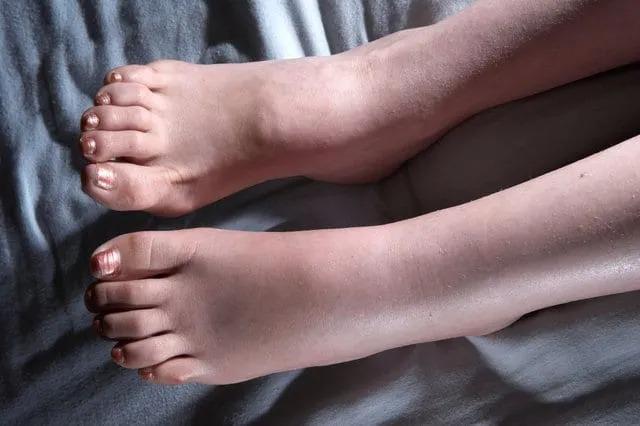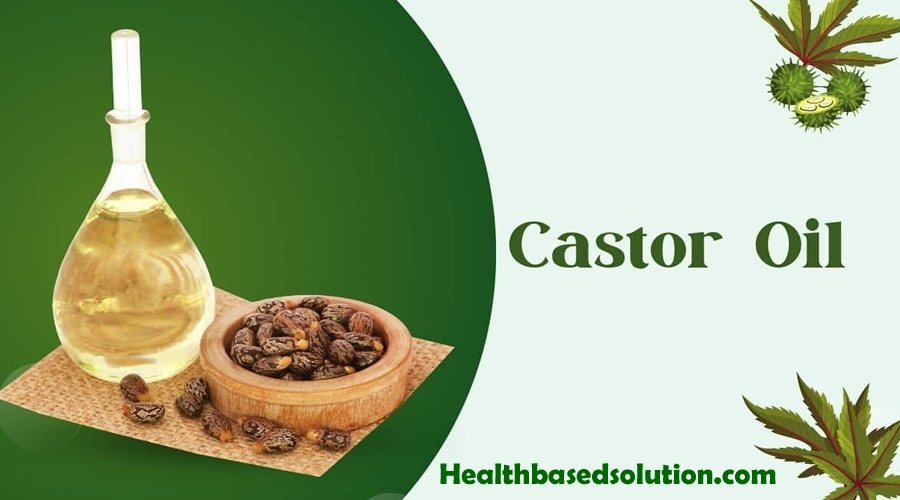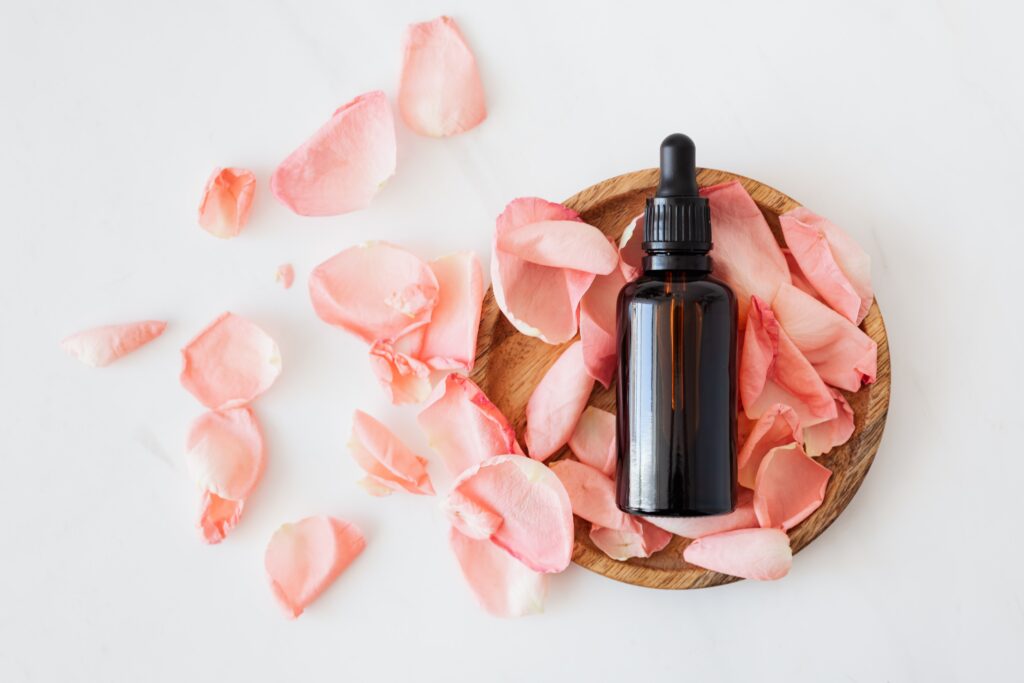Ankle surgery is considered an incredible technological advancement in current medical years, especially in minimizing tissue trauma during these procedures. However, post-surgery inflammation (Inflammation after surgical procedure) and swelling are still familiar and expected conditions.
You must be thinking about why swelling occurs. We are here to answer your every query. Let us explain to you swelling is a part of your body’s natural healing process, it’s essential to manage it effectively to endorse quicker recovery. Reducing swelling not only helps you to ease your feeling of discomfort but it also allows you to begin physical therapy sooner. Physiotherapy is one of important way of healing to regain your strength and mobility.
Why Do I Need to Reduce Swelling After Surgery?
The weeks immediately after surgery are significant for your recovery process. It is also the crucial time when your swelling will be inclined to be most aggressive. Taking measures to minimize your swelling can have several important benefits such as
- Improving mobility
- Aiding in quicker recovery
- Enhancing your comfort
Now it’s turn to learn how to reduce post-surgery swelling. So, it’s important to stay connected with us and keep reading to f?nd further facts regarding post-surgery swelling.
What Should I Do to Reduce My Swelling?
After completion of your surgical procedure, many things can be done to control and reduce your respected part of the body (such as foot and ankle) swelling of the lower extremities. Your surgeon will provide you with a list of suggestions regarding post-surgical care and guidelines to heal quicker.
Read also:
How to use castor oil pack for liver detoxification
Furthermore, here are some effective tips that can be linked with their supervision that you can put into practice to help alleviate swelling throughout your recovery journey. So let’s explore and keep reading this guidance.
1. Sufficient Amounts of Sleep
An important foundation for a victorious recovery is ensuring that you get a sufficient amount of sleep. Your body naturally produces hormones that support healing when you sleep. By getting 8 hours of restful sleep per night you elevate the effectiveness of your body’s natural recovery systems.
Indeed quality sleep is not only the factor you should do to reduce swelling, but you can’t underestimate the power of a good night’s sleep.
2. Elevate the Foot or Ankle
Rise of the affected area for example foot and ankle can be a massive help if you want to reduce your swelling. We will explain this phenomenon.
Your vein’s functions depend on a system named the “Manual Muscle Pump” and a series of one-way valves to return blood to your heart from the lower limits. It occurs when working against gravity. Do what you can to help your body get blood returned to the heart for circulation. Your therapist may order specific instructions about the duration and frequency of leg elevation after your surgery. We will provide you with all facts about these guidelines. These are;
3. Wear Relaxed Fit Clothing
After your surgery choose to wear comfortable and soft clothing which is suitable for recovery needs. Wearing relaxed-fit clothing is a practical choice that can contribute to your smoother recovery journey. Your therapist will recommend you avoid wearing overly tight clothing around your affected area, for example;
- Socks
- Leggings
- Tight-fitting pants
Note: The exception to this would be if you are ordered to wear compression stockings/socks.
4. Ice Down the Foot or Ankle Regularly
Your therapist may order you to apply a piece of ice on your affected area(with precautions), which is called “Cryotherapy”.
Your physician may suggest you apply a cold compress to the affected area several times throughout the day. Always be careful to leave a one-hour gap time between cold compress treatments. Cryotherapy is most successful on severe injuries, meaning the first few days after your surgery.
Note: Remember, you should also avoid using hot compresses, as it may accidentally increase swelling.
Read also:
Lip filler swelling stages. What you need to know
5. Use Compression Socks for Severe Swelling
Compression stockings (also known as compression socks), are specialized items of clothing that your physician may order you to wear after surgery. These clothing are designed to maintain better blood circulation and aid in lessening swelling. These are used as a helpful tool during your recovery, if required always follow your therapist’s recommendations and guidelines when using compression stockings.
6. Avoid Smoking or Alcohol Intake After Foot or Ankle Surgery
Smoking and alcohol can both negatively impact your blood circulation. Try to do what you can to avoid these habits after surgery to prevent any possible negative side effects. Also, do not consume alcohol while on recommended medications where it is contraindicated.
Read also:
Limbs amputated after kidney stone surgery
7. Regularly Take Your Prescribed Medications
Often after surgery your therapist may prescribe a list of medications including anti-inflammatories and/or painkillers, take these as prescribed. If you are going to try an over-the-counter regimen, be sure to counsel your provider or surgeon about any medications that you are taking to prevent any possible negative complications.
Conclusion
Post-surgery inflammation and swelling are common. Swelling is an expected part of your body’s healing process, but it’s significant to manage it well to speed up recovery and minimize discomfort. Managing swelling can help you begin physical therapy sooner, which is crucial for restoring strength and mobility.
By following realistic strategies like getting enough sleep, uplifting your foot or ankle, wearing comfy clothing, applying ice, and using compression socks, you can successfully reduce your swelling. It’s also significant to avoid alcohol, and smoking, and follow your prescribed medicines. These steps will help you in a smoother recovery, helping you regain your regular activities sooner. Always follow the guidance of your surgeon throughout your recovery journey to ensure the best possible results.







